Why Your Hair is Falling Out: The Surprising Link to a Missing Nutrient
Hair loss is a common concern that affects millions of individuals worldwide, transcending age and gender. While hereditary factors and hormonal changes are well-documented causes, recent studies have illuminated another surprising culprit: nutrient deficiencies. Specifically, a lack of essential nutrients can disrupt the natural hair growth cycle, leading to increased shedding and thinning. This article delves into the intricate relationship between nutrition and hair health, exploring how a deficiency in certain nutrients can manifest as hair loss. By understanding these connections, individuals can take proactive steps to address the root cause and restore their hair’s vitality.
The Role of Iron: Fuel for Hair Follicles
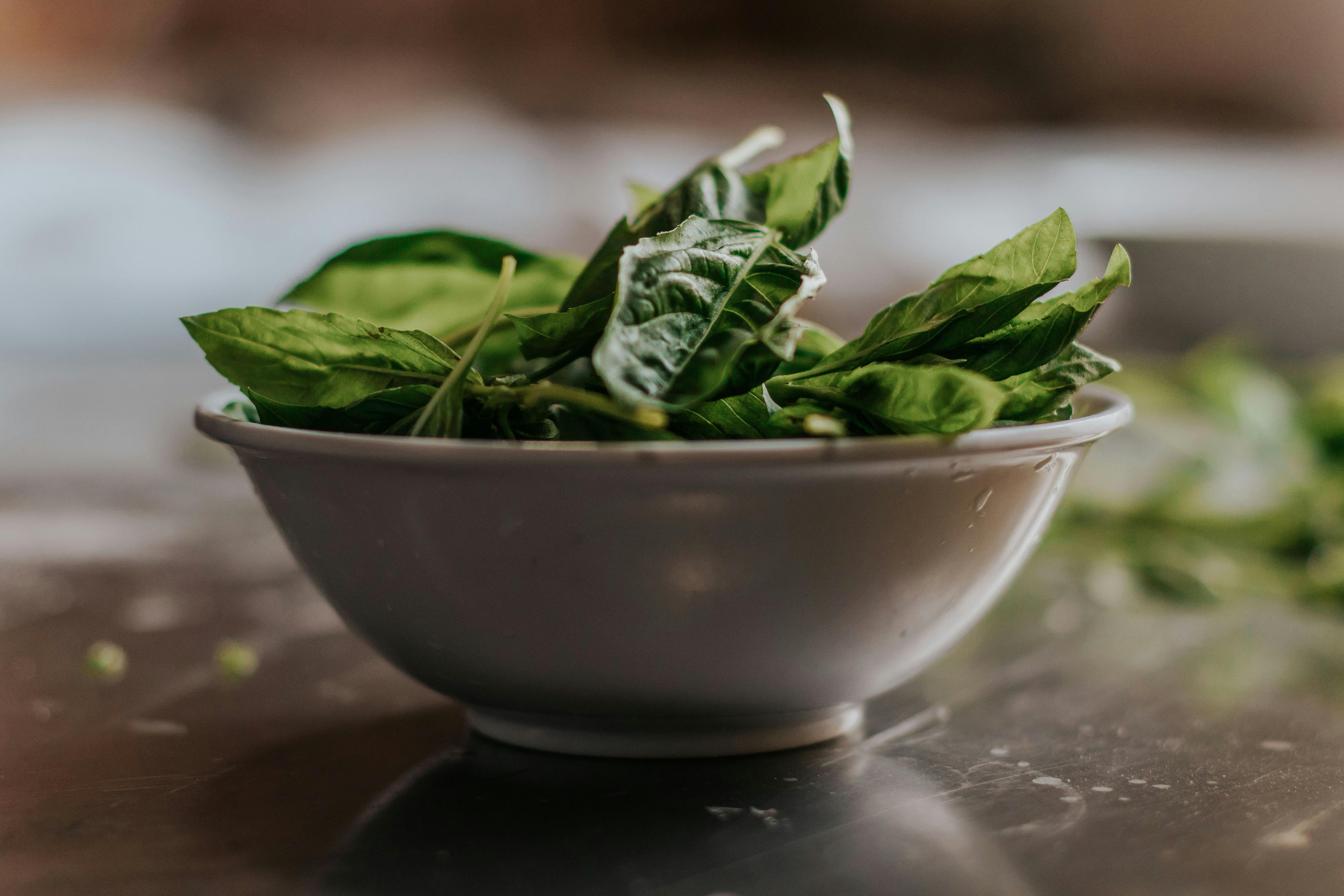
Iron is a critical nutrient that supports various bodily functions, including the production of hemoglobin, which transports oxygen to cells. Hair follicles, like all cells, require adequate oxygen to thrive and grow. When iron levels are insufficient, the body prioritizes essential organs over hair follicles, leading to a condition known as telogen effluvium. This condition results in increased hair shedding and thinning. Women are particularly susceptible due to menstruation and pregnancy, which can deplete iron stores. Ensuring a diet rich in iron, from sources such as red meat, spinach, and lentils, can help maintain healthy hair growth.
Zinc: The Unsung Hero of Hair Health
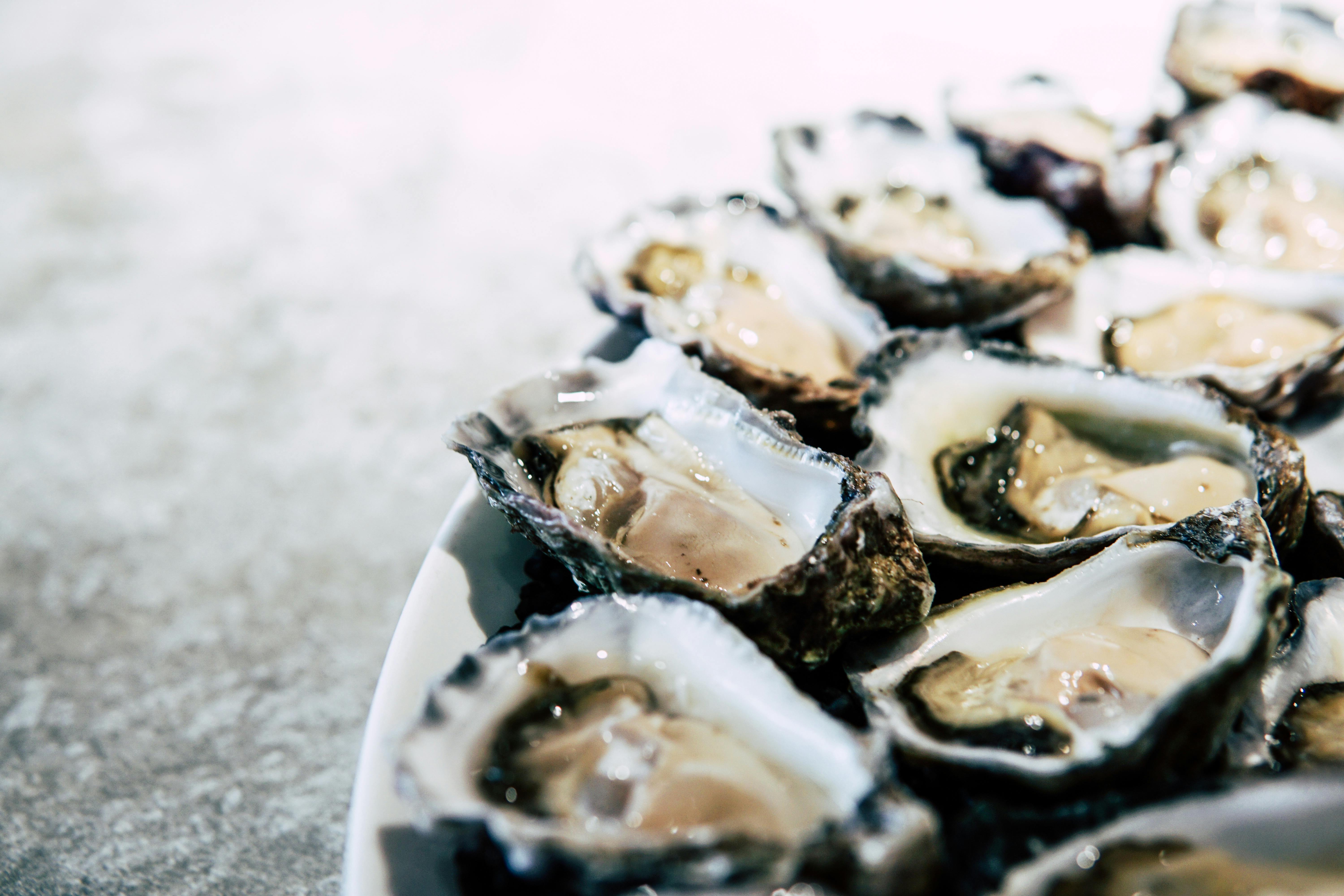
Zinc plays a pivotal role in hair tissue growth and repair. It also helps keep the oil glands around the follicles working properly. A deficiency in zinc can lead to hair loss and even changes in hair color. This mineral is crucial for maintaining the structural integrity of hair follicles, and its antioxidant properties protect against environmental damage. Foods like oysters, beef, and pumpkin seeds are excellent sources of zinc. Supplementation may be necessary for individuals with dietary restrictions or absorption issues, but it should be approached with caution, as excessive zinc can also lead to hair loss.
Vitamin D: Sunshine and Hair Growth
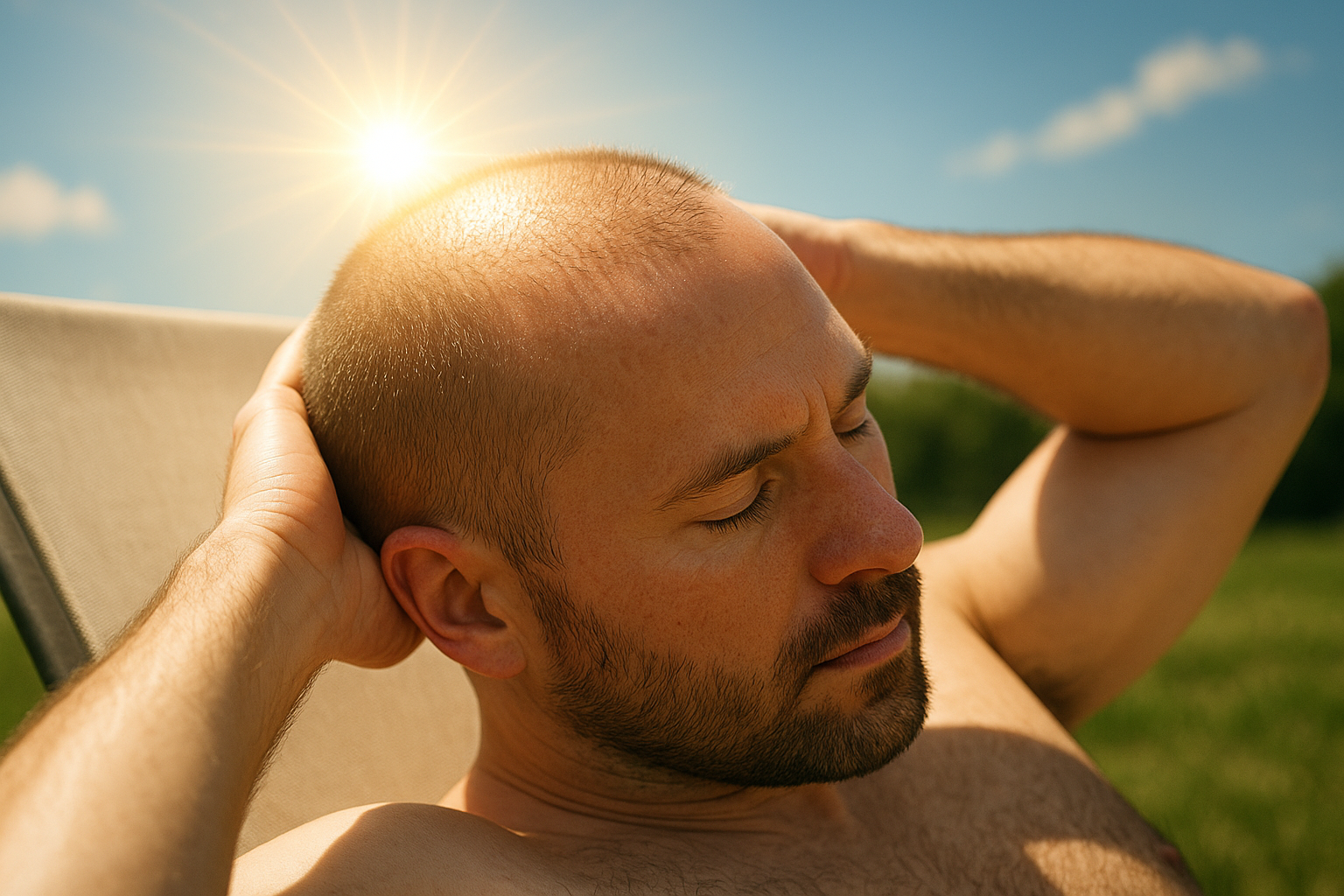
Vitamin D is often associated with bone health, but it also plays a significant role in hair follicle cycling. Hair follicles contain vitamin D receptors, and deficiencies in this vitamin have been linked to alopecia areata, an autoimmune condition that causes patchy hair loss. The body synthesizes vitamin D through sunlight exposure, but factors such as limited sun exposure, skin pigmentation, and the use of sunscreen can impede this process. Dietary sources include fatty fish, fortified foods, and supplements. Ensuring adequate vitamin D levels can support hair follicle health and promote regrowth.
Biotin: The Hair Growth Superstar
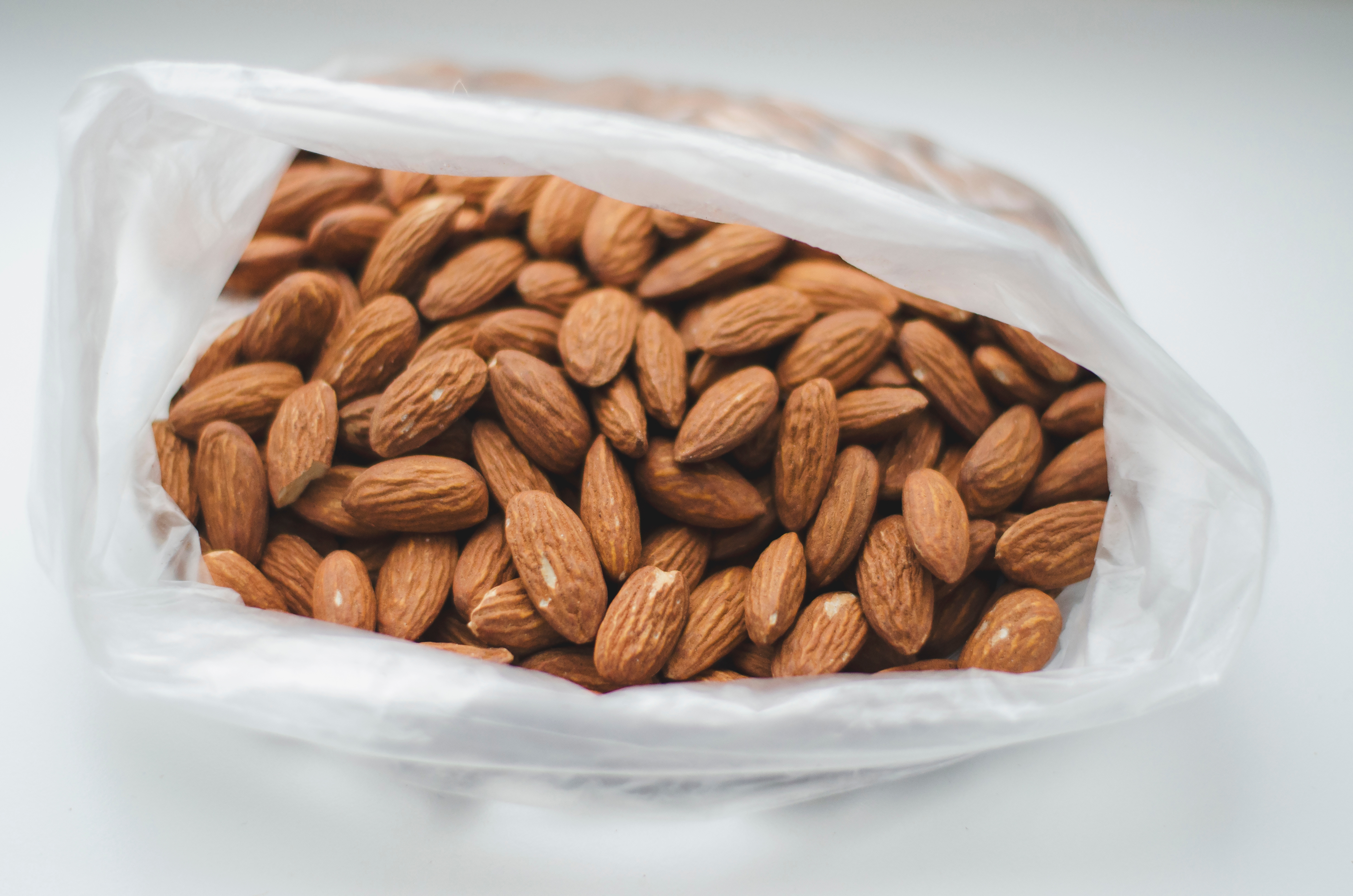
Biotin, or vitamin B7, is a water-soluble vitamin that is often touted as a miracle nutrient for hair growth. It plays a crucial role in the production of keratin, the protein that makes up hair, skin, and nails. A biotin deficiency, although rare, can lead to hair thinning and loss. Symptoms also include brittle nails and skin rashes. Foods rich in biotin include eggs, nuts, and whole grains. While biotin supplements are popular, it’s essential to maintain a balanced diet to support overall health. Consultation with a healthcare provider is recommended before starting any supplement regimen.
Omega-3 Fatty Acids: Nourishing from Within

Omega-3 fatty acids are essential fats that the body cannot produce on its own. They are integral to maintaining cell membranes and providing anti-inflammatory benefits. In terms of hair health, omega-3s are known to nourish hair follicles, add elasticity, and impart a natural shine. A deficiency can lead to dry, brittle hair and scalp issues such as dandruff. Rich sources of omega-3s include fish like salmon and mackerel, as well as flaxseeds and walnuts. Incorporating these into the diet can help maintain a healthy scalp environment, conducive to robust hair growth.
Protein: The Building Block of Hair
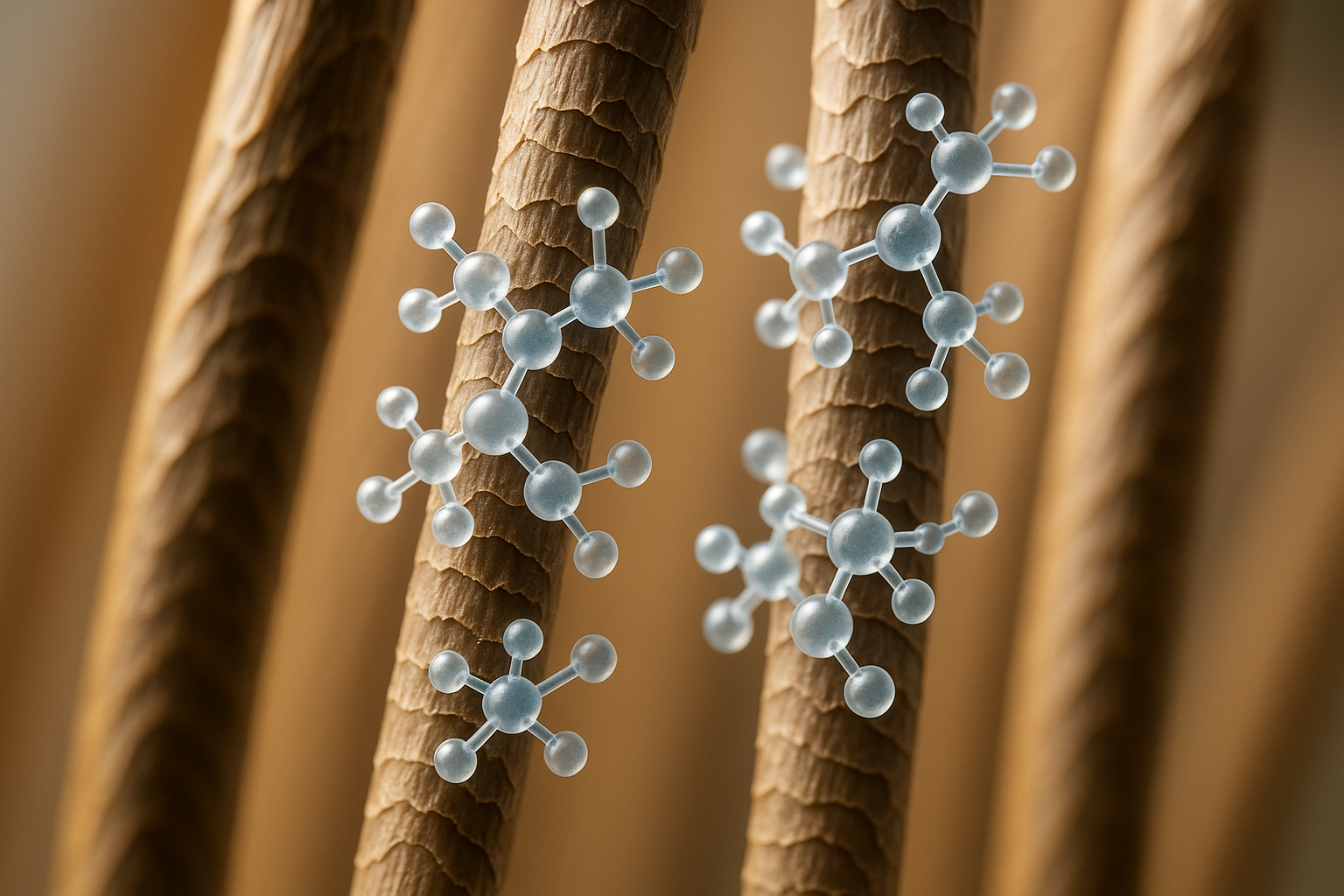
Hair is primarily composed of protein, making it an essential nutrient for hair strength and growth. A lack of adequate protein intake can lead to hair becoming weak and brittle, eventually resulting in hair loss. The body may enter a conservation mode, prioritizing protein for essential functions over hair production. High-protein foods such as chicken, fish, eggs, and legumes can support hair health. For vegetarians and vegans, combining different plant-based proteins ensures the intake of all essential amino acids necessary for hair growth and maintenance.
Selenium: Protecting Against Oxidative Stress
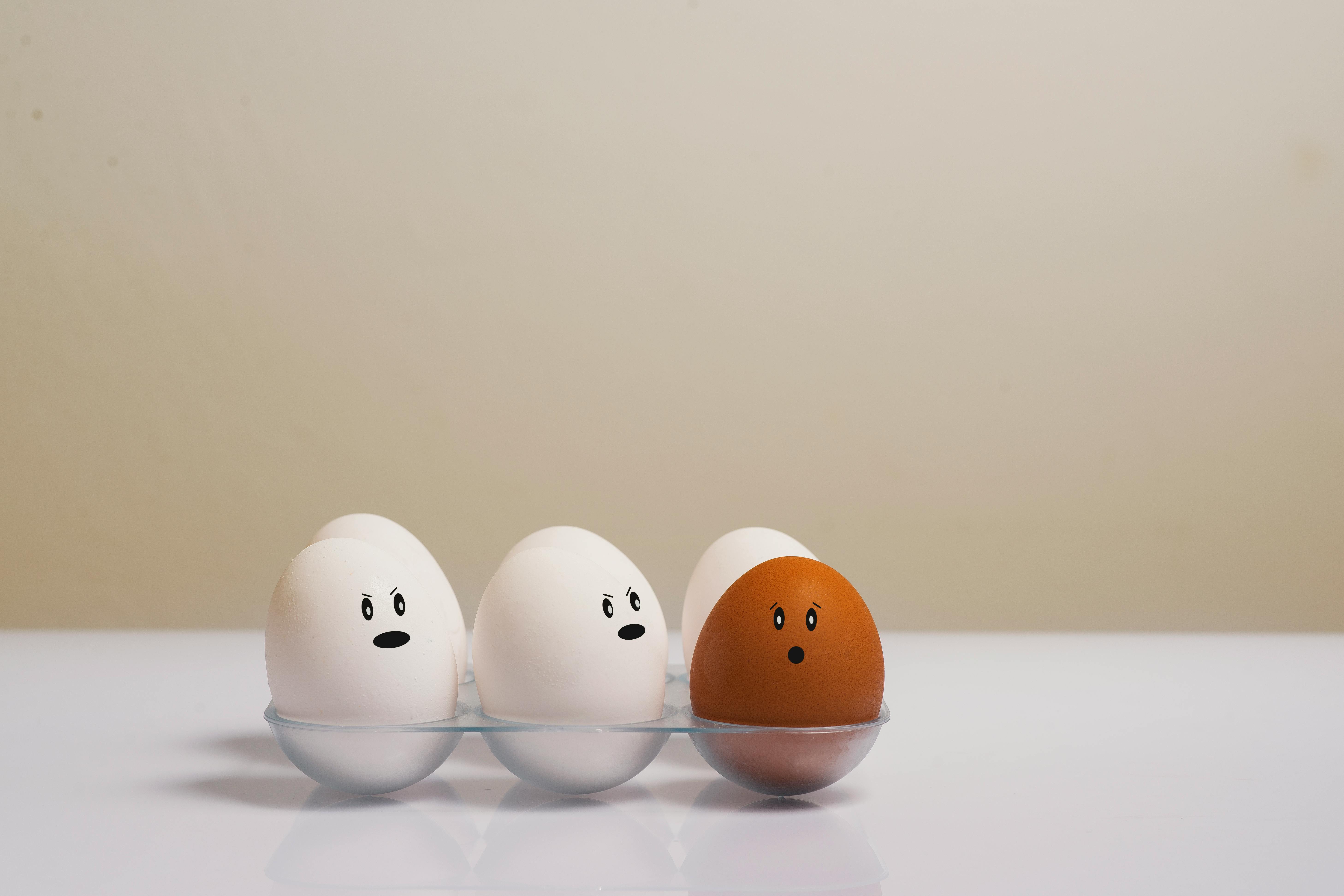
Selenium is a trace mineral that plays a critical role in the body's antioxidant defense system. It helps protect hair follicles from oxidative damage caused by free radicals. Selenium also supports the thyroid gland, which regulates hormones that impact hair growth. A deficiency in selenium can lead to hair loss and a dry, flaky scalp. Brazil nuts are one of the richest sources of selenium, but it can also be found in seafood, eggs, and sunflower seeds. As with zinc, moderation is key, as excessive selenium can also contribute to hair loss.
Vitamin A: Balancing Sebum Production
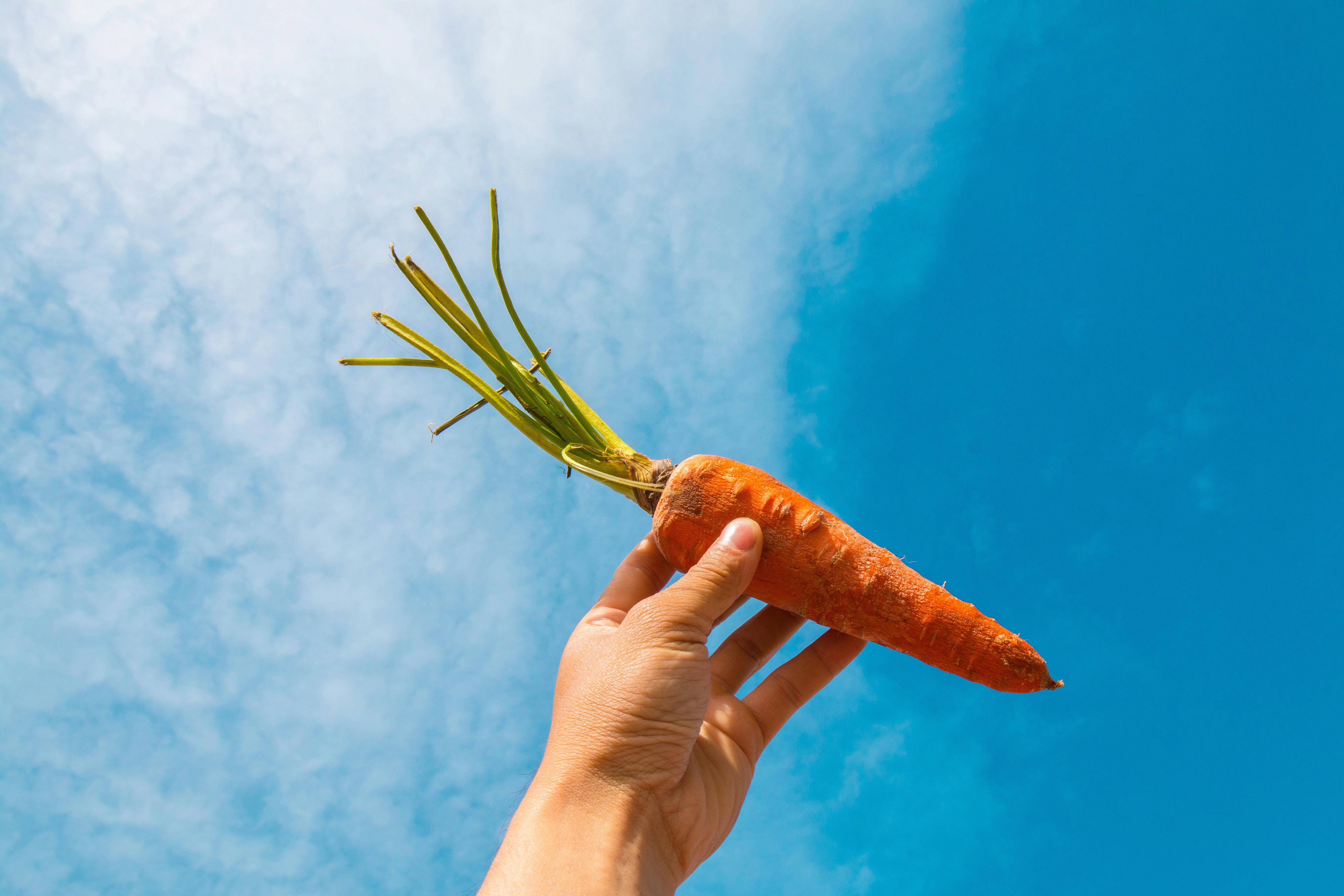
Vitamin A is vital for the production of sebum, the oily substance that moisturizes the scalp and keeps hair healthy. However, both deficiency and excess of vitamin A can lead to hair loss. A lack of vitamin A can result in a dry, itchy scalp, while too much can trigger hair shedding. Balancing vitamin A intake is crucial, and it can be achieved through a diet that includes carrots, sweet potatoes, and dark leafy greens. These foods provide beta-carotene, which the body converts to vitamin A as needed, helping maintain optimal levels.
Vitamin E: A Shield Against Damage
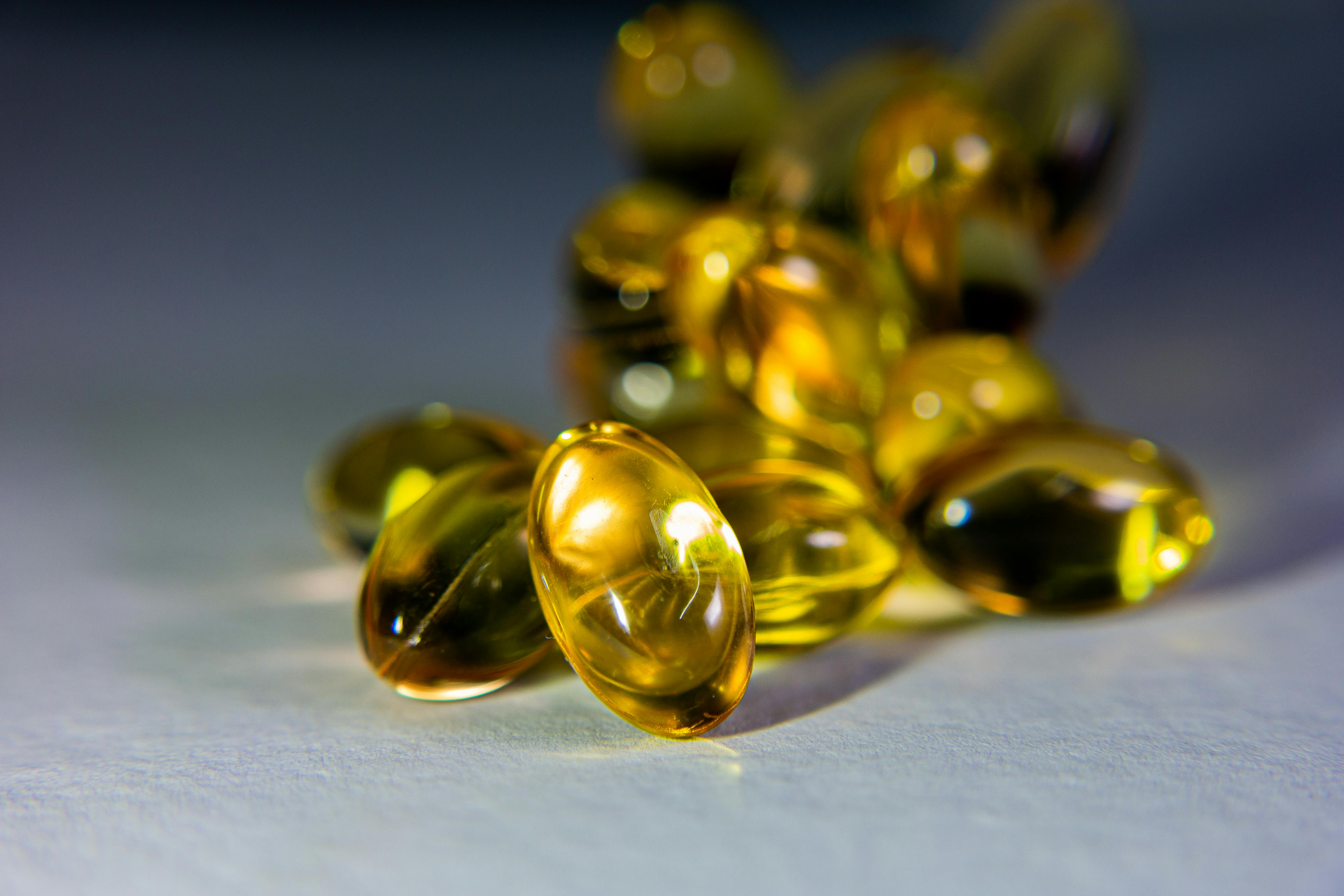
Vitamin E is known for its antioxidant properties, which help combat oxidative stress—a factor that can lead to hair follicle damage and hair loss. It improves blood circulation, providing more oxygen and nutrients to the scalp, thus promoting healthy hair growth. A deficiency in vitamin E can contribute to hair thinning and breakage. Nuts, seeds, and green leafy vegetables are excellent sources of vitamin E. Additionally, vitamin E can be applied topically through oils to nourish the scalp directly, offering a dual approach to maintaining hair health.
The Impact of Lifestyle and Diet
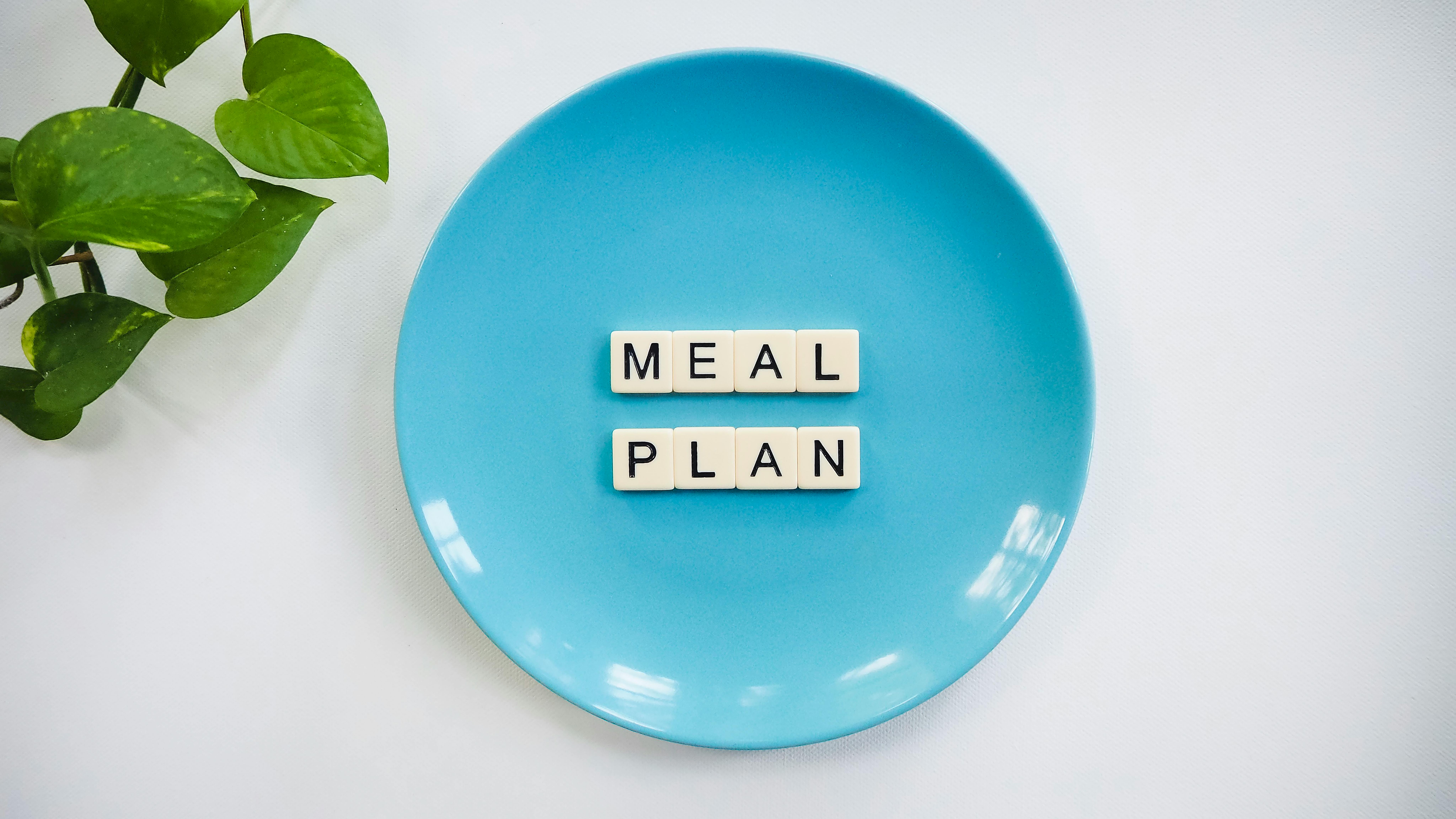
While nutrient deficiencies are a significant factor in hair loss, lifestyle and dietary habits also play a crucial role. Stress, poor sleep, and unhealthy eating patterns can exacerbate nutrient deficiencies, compounding hair loss issues. A balanced diet rich in diverse nutrients, regular exercise, and stress management techniques such as meditation or yoga can support overall health and, by extension, hair health. Understanding the interplay between lifestyle choices and nutrient intake is essential for addressing hair loss comprehensively and effectively.
A Holistic Approach to Hair Health
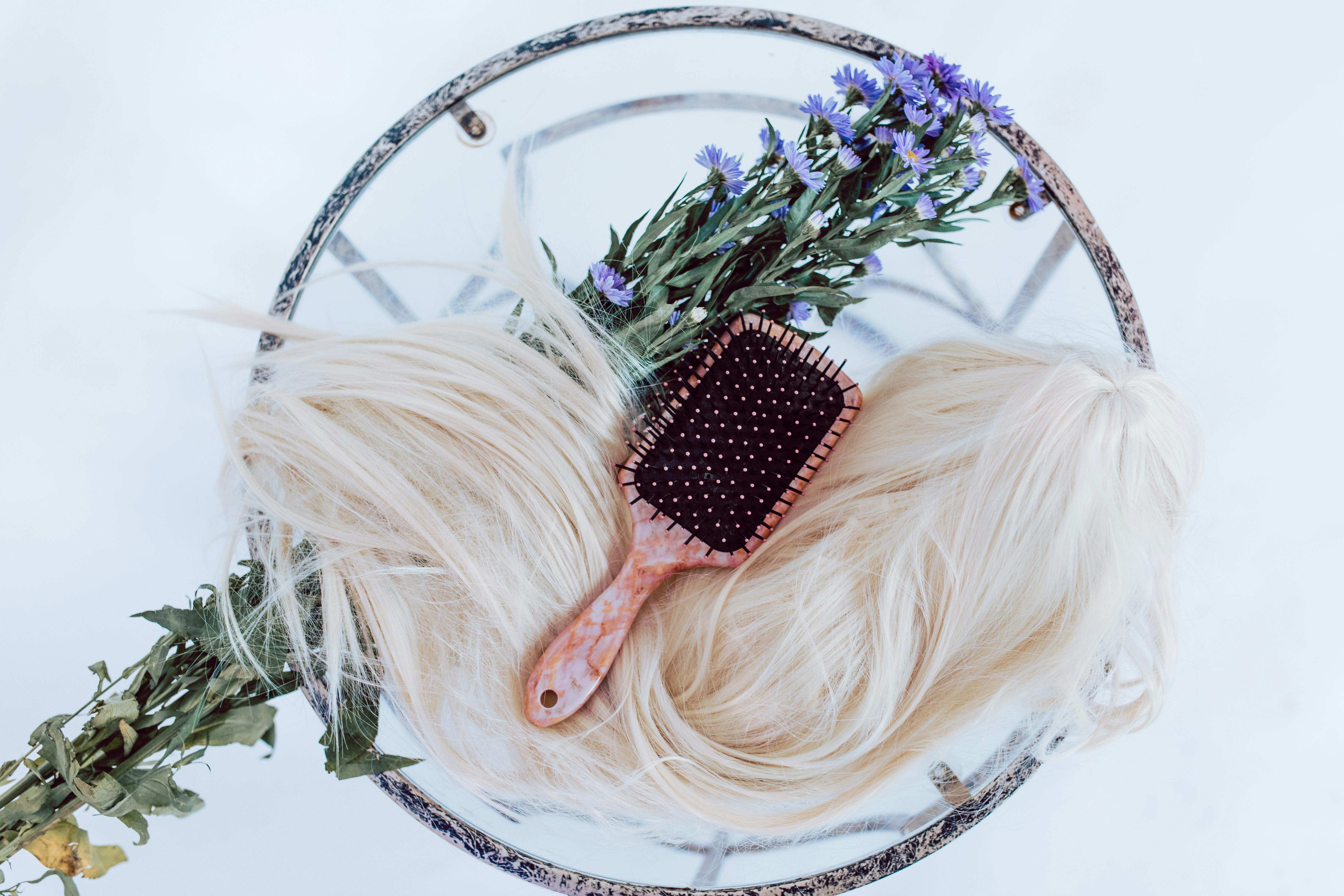
Addressing hair loss requires a holistic approach that considers both nutritional and lifestyle factors. By identifying and correcting nutrient deficiencies, individuals can significantly improve their hair health. Regular check-ups with healthcare providers can help monitor nutrient levels and guide dietary adjustments or supplementation. Ultimately, understanding the surprising link between a missing nutrient and hair loss empowers individuals to take control of their hair health, fostering not only a fuller head of hair but also improved overall well-being.